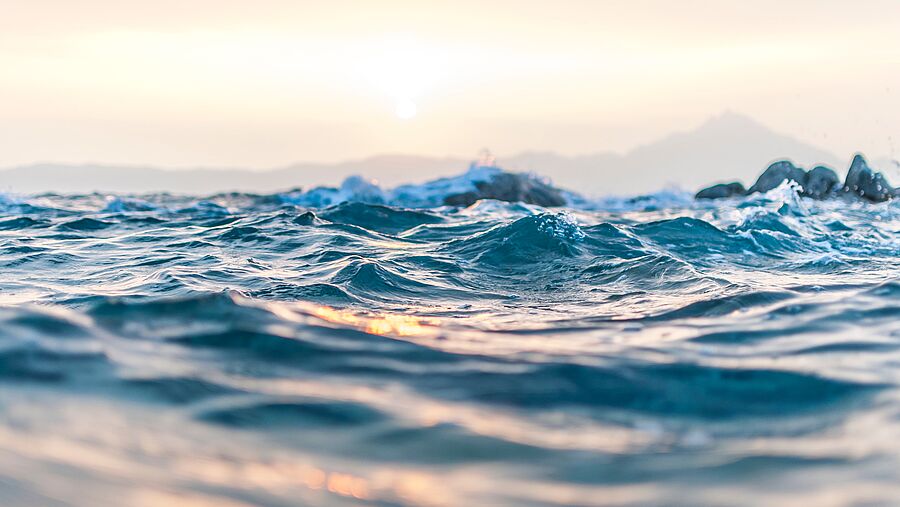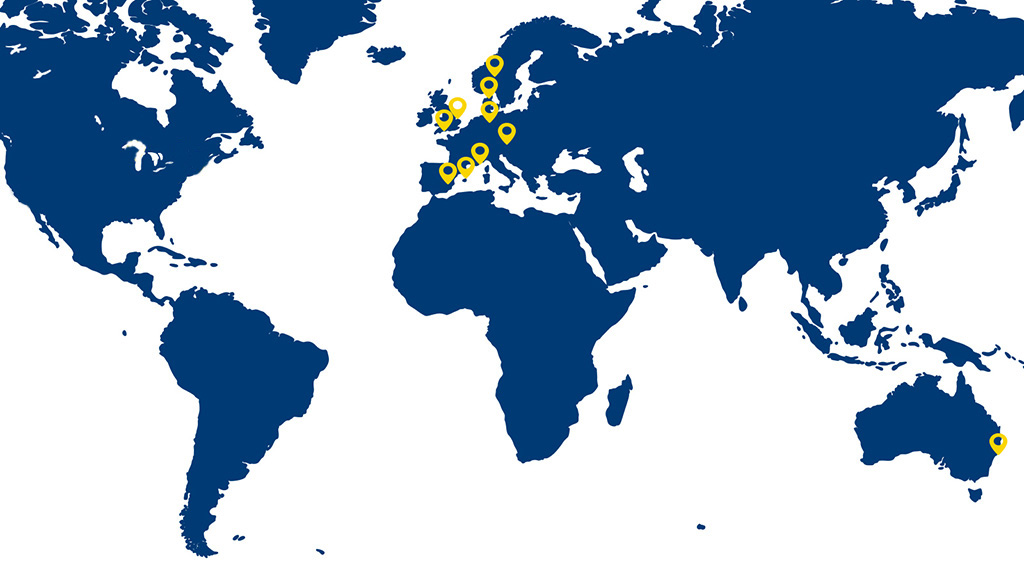Take matter into your own hands, help protect our oceans!
Our playground, the ocean, covers 71% of the planet and is home to endless ecosystems which we rely heavily on for all facets of life. As vast and invincible as our oceans may seem, they are actually incredibly delicate and are constantly affected by the daily choices of humans. Whilst you may not single-handedly be able to save our oceans, every decision you make can have an impact for the better or the worse. Read on to find out how you can make a positive impact on the place we all love most.

1. Plastic use.
No list would be complete without addressing plastics. Now before we get into measures boaties can take, let’s bring up a few stomach turning facts.
- Every day around 8 million pieces of plastic make their way into the ocean, with an estimated 5.25 trillion macro and micro pieces of plastic in our oceans at present.
- The amount of plastic trash that flows into oceans every year is expected to nearly triple by 2040 to 29 million metric tons if no change is actioned.
- 1 in 3 fish caught for human consumption contain plastic and 100% of mussels examined contain micro plastics
- Over 1 million sea birds and 100,000 marine mammals die from plastic pollution every year.
Now, what can you do as an individual which will have a lasting impact? Well of course reducing your own plastic consumption is a big one, particularly single use plastics such as take out containers, water bottles and straws. Putting pressure on companies to provide their consumers with plastic free options will however create a much more dramatic effect. Never underestimate the power of your voice, a simple email can go so far!
2. Choose green (or greener) products.
The products you use to clean your dishes, wash your hair, mop the floor with and so forth, all end up in our oceans. Therefore being more selective with these products can have a positive effect on oceans. Choosing biodegradable products is always the most ideal however is also not always possible. We have therefore we have listed the most harmful ingredients to try avoid.
Oxybenzone and Octinoxate: Most commonly found in chemical sunscreens however also in soaps and fragrances, these ingredients have a major impact on coral reefs and sea life. Parts of Hawaii and Mexico have banned these ingredients due to the destructive trail they leave behind. Try opting for mineral sunscreens instead or ones labelled as reef friendly (however do still read the ingredients as sometimes these toxic ones are snuck in).
Silicone/siloxane: Another harmful chemical with trailing impacts in our oceans. Silicons are commonly ingested by sea life (and then also ourselves) and the silicone exposure can evaporate the life expectancy of different organisms, plants and animals. Silicones are mostly found in beauty products such as makeup, moisturisers and skin care. It’s a bit more challenging to find products without this nasty ingredient so a little bit of research on your part will go a long way.
Phosphates: Generally found in our oceans as a bi product of agriculture practices, phosphates are also found in a variety of cleaning products, particularly dish soaps and laundry detergents. The issue with phosphates in our waters is that they act as nutrients for algae, causing exponential growth. Subsequently the resulting ‘algal blooms’ deplete oxygen in the water creating zones where other aquatic plants or sea life cannot survive. Phosphates are also non-biodegradable and as such build up in waterways.
Phthalates: Commonly found in all-purpose cleaners, air fresheners and any other fragranced cleaning products. Phthalates act as and endocrine disruptor for sea life, resulting in reproduction and neurological issues. In a 2016/2017 study it was found that 71% of dolphins tested in Florida showed evidence of phthalate exposure.
Triclosan: An antibacterial agent commonly found in toothpastes, deodorants, face and body products. It is also commonly found in hand and dishwashing soaps. When this ingredient enters the environment it has lethal effects on algae, plankton and sea life. Tricoslan has also been found to act as an endocrine disruptor, causing a disastrous domino effect on all sea life.
Nonlyphenol Ethoxylate (NPE): NPE’s are non-biodegradable and have been accumulating in our waterways. They are often found in all purpose cleaners and degreasers as they act as a surfactant. In our oceans NPE’s have been proven to cause fertility issues for fish and have varied toxic effect on all sea life.
- Note: along with these products try to avoid using wet wipes which do not degrade like paper/tissues would, aerosol cans where possible and always be conscious of the products you clean your boat with. Along with the listed ingredients, do also avoid any form of bleach and ammonia products where possible!
3. Eat sustainable seafood.
Making more conscious decisions when choosing your seafood can have a very positive impact on oceans and those that inhibit it. Unsustainable fishing practices endanger species and their habitats, with more that 75% if seafood stocks fully fished or even over-fished. This leads to entire fish species becoming endangered along with many other animals that rely on certain sea life species to be affected. Adding to this, many coastal communities worldwide rely on fisheries for food and income. Choosing sustainable seafood helps fish, the environment and the communities that depend on it.
A good guide to take a look at is GoodFish https://goodfish.org.au/ which gives seafood available in Australia a rating based off various attributes as outlined below.
Wild Fisheries: the stock status of target species, bycatch, byproduct and discard concerns, habitat and ecosystem impacts, effectiveness of management measures.
Farmed seafood: use of marine resources, risk to wildlife and wild fisheries, impacts on the natural environment.
4. Political Impact.
Whilst you as an individual can have a great impact on the preservation of our environments, our political leader of course have much more prominent power. Therefore elect representatives whose values align with yours and who put weighting on the preservation of our oceans and all the ecosystems within them. You could even write to leaders, different offices or local councils and express your concerns should any issues arise.
Other than these points be sure to enjoy our oceans! Explore as much as you can, invite friends and family, take that trip of a lifetime… experience all the beauty our planet has to offer!
